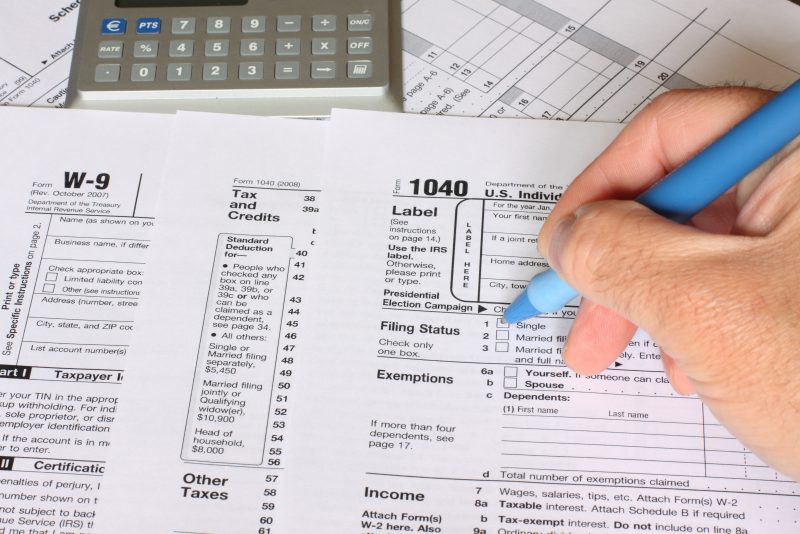What Are the Tax Incentives For Installing a New Sprinkler System?

Last year, the federal government passed new legislation called the “Tax Cuts & Job Act”. This legislation included incentives for businesses that install new fire sprinkler systems. As fire sprinklers are the quickest way to extinguish a fire, it’s important to incentivize businesses to install one. Money should never be seen as a deterrent to keeping your employees and patrons safe.
Congress has added fire protection as an eligible expenditure under Section 179 of the tax code. Congress also increased the cap to $1 million (up from $500,000) as the amount that a small business can deduct in a single year. This provision applies only to commercial structures and cannot be used for retrofitting sprinklers into residential structures. However, critical occupancies such as entertainment venues could easily be done under this provision. This change is also a permanent law and unlike section 13201 is not gradually phased out over time.
With tax incentives now in place, combined with one of the best economies in our lifetime, there has never been a better time to install a new sprinkler system. When speaking with your tax professional about these tax breaks, make sure to reference the changes in Section 179 of the recently passed tax reform legislation (P.L. 115-97), for up to $1 million in fire protection.
What’s Included in Section 179?
- Roofs
- Heating, Ventilation and Air Conditioning
- Fire protection and Alarm Systems
- Security Systems
What Types of Building Types are Listed in Section 179?
- Local, Small Businesses
- Nightclubs
- Restaurants/Diners (local owner)
- Bowling Alleys
- Locally Owned Movie Theatres
- Main Street America-type Shops
- High-Rise Commercial Buildings
- Residential Occupancies
- Condos
The National Fire Sprinkler Association (NFSA) spent many years working with the government to ensure this tax reform was completed. Vickie Pritchett, the Director of Outreach and Government Relations at the NFSA stated “The successful inclusion of fire sprinklers in tax reform is a result of years of steadfast work to educate. Our fire service allies and others were difference makers” explained Pritchett. “The advocate voices made a difference as we worked to bring the stories to life, so legislators would understand and support fire safety inclusion in the incentive package.”
For more information on this tax reform, please visit https://nfsa.org/taxreform/
For more information on the installing a new sprinkler system in a local business, please visit https://www.afpgusa.com/fire-sprinkler-installation.php.